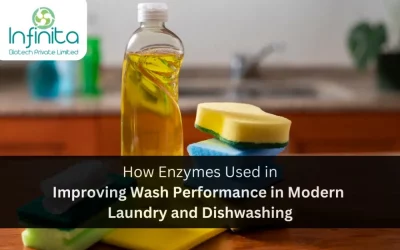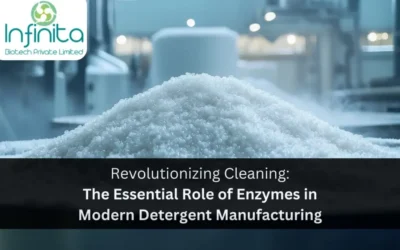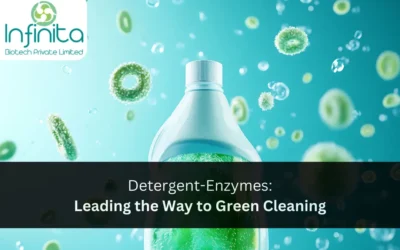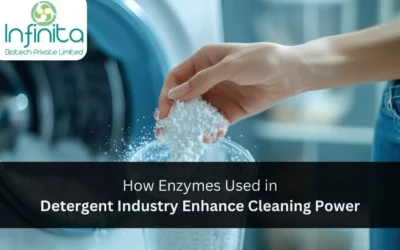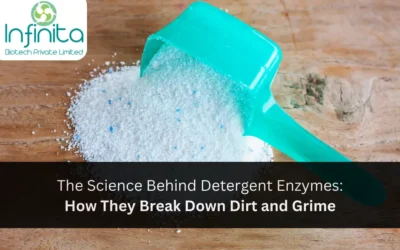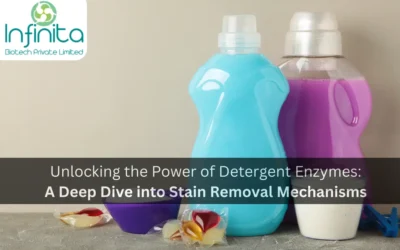Endoscopy is a popular practice in healthcare that enables one to look inside the patient’s body. In this technique, an endoscope, a prolonged and delicate pipe having a camera, is passed into the patient’s body, usually through the mouth. Once the endoscopy is done, proper endoscope cleaning becomes crucial since it might cause a severe risk of healthcare-acquired infections to both healthcare providers and patients. To ensure the optimum safety of patients and healthcare providers, enzymatic detergents are used for endoscope cleaning. In this blog, we will discuss the use of enzymatic detergents in endoscope cleaning in detail.
What Is Endoscope Cleaning?
Endoscope cleaning is a crucial aspect of endoscope reprocessing. It includes the mechanical cleaning of inner and outer surfaces. Internal channels are brushed and flushed in this process using detergent and distilled water. The ultimate goal of endoscope cleaning is to eliminate all the organic and inorganic substances from the internal and external layers of the endoscopes.
If inclusive cleaning, brushing, and flushing steps are not followed correctly, protein debris can harden and form microbes on the biopsy platform of the endoscope. Insufficient cleaning can leave substances on the endoscope’s outer surface, which stops decontamination and sanitizer from reaching all parts of potentially infected surfaces.
The detergents for endoscope cleaning are available in liquid and powdered forms. However, powdered detergents are the most accepted and widely used. The problem with liquid enzymatic detergent is that the enzymes remain active in liquid form; therefore, they can lose their activeness within time or can degrade. However, it’s up to the formulators how they balance the enzymes and other substances in detergent to increase its shelf life.
Why Are Enzymatic Detergents Used For Endoscope Cleaning?
When the endoscope passes inside the human body, its surfaces get in contact with the blood, tissue, faeces, etc. These impurities are corrosive and can pit endoscope surfaces. Pits can hold impurities, making it difficult to clean the endoscope and more prone to biofilm development. Enzymatic detergents are made with the intention of dealing with bioburden and biofilms formed on critical medical equipment like endoscopes. They dissolve the extracellular polymeric layer that preserves the bacteria in the biofilm. Thus, it ensures that liquid sanitizer and disinfectant destroy harmful bacteria.
Best Enzymes For Endoscope Cleaning
Enzymes used in endoscope cleaning detergent are proteins that can clean heavily contaminated endoscopes and other surgical equipment. They break down large organic molecules, including tissues and blood, making it easier to remove them. There are numerous enzymes for endoscope cleaning; below, we are listing the best among them.
Protease
Protease is the enzyme family which has the potential to break down the proteins such as blood, slime, wastes and albumin with great ease. They target large insoluble molecules and convert them into small ones to ensure that they can easily be dissolved in water and easily cleaned. Therefore, protease is one of the most widely used enzymes to make enzymatic detergent for endoscope cleaning.
Lipase
These enzymes are capable of breaking down fatty residues and lipids. However, these molecules are not as large as proteins, but they dissolve in water rarely. Lipase’s properties make them water soluble so that they can dissolve in water and be rinsed out easily. So, manufacturers who make enzymatic detergents for cleaning endoscopes or surgical instruments utilise lipase as a component.
Amylase
Amylase is the enzyme which is used to catalyze the starches. However, their use in enzymatic detergents made for endoscope cleaning is less common. They are utilised as a substance in detergents which are made for complex cleaning of clinical devices.
Why Is Infinita Biotech Your Best Bet?
The utilization of enzymes has grown in the detergent industry over the years. Moreover, industries like food & beverages, cosmetics, baking, etc., are using enzymes for different applications. If you are operating an industrial unit, you may need enzymes for diverse purposes. You can count on Infinita Biotech for any industrial enzyme needs.
Infinita Biotech is India’s leading biotechnology company and is recognised as a global leader in manufacturing enzymatic solutions for diverse types of industries. Our enzymatic solutions cover industries like food, sugar, beverages, pharma, bakery, dairy, animal feed, detergent, cosmetics, disinfectants and much more.
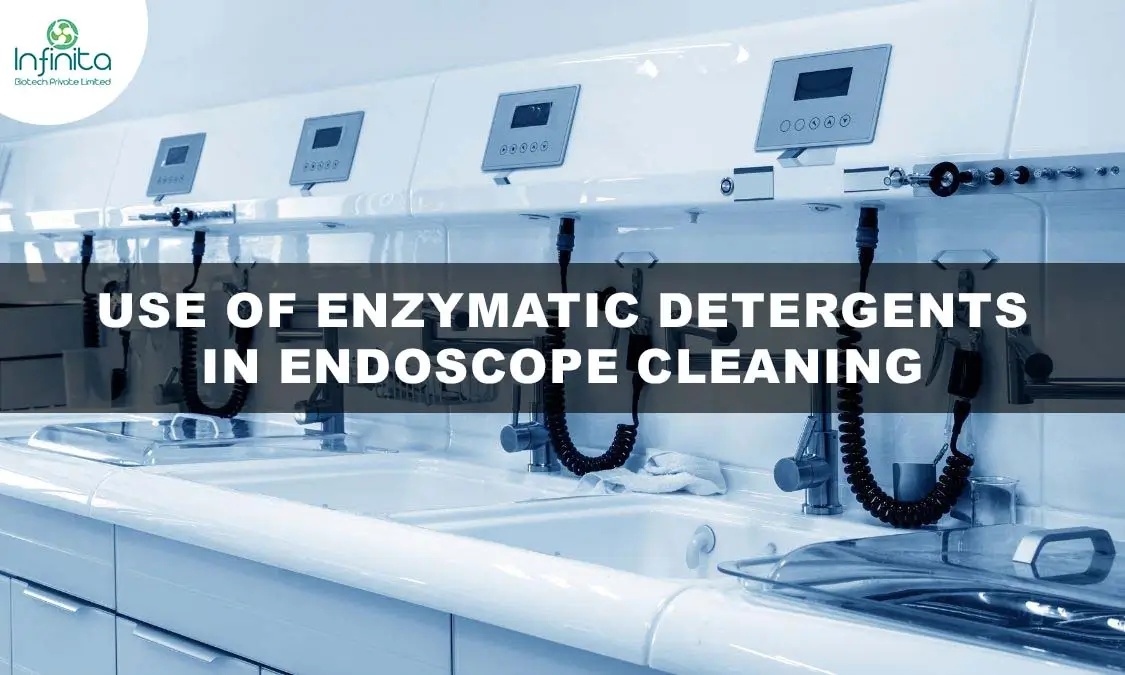
 Summarize this Article with AI
Summarize this Article with AI
